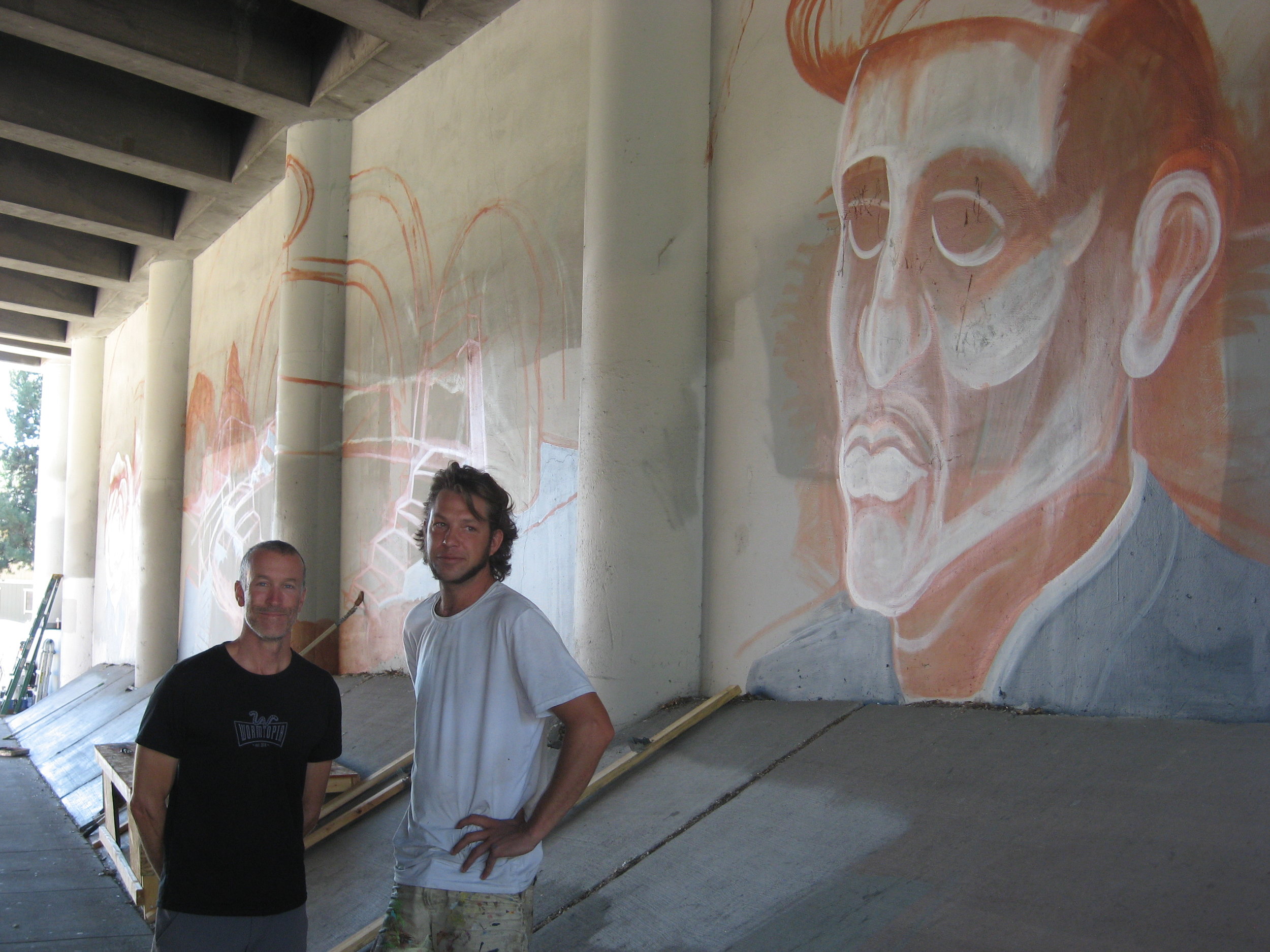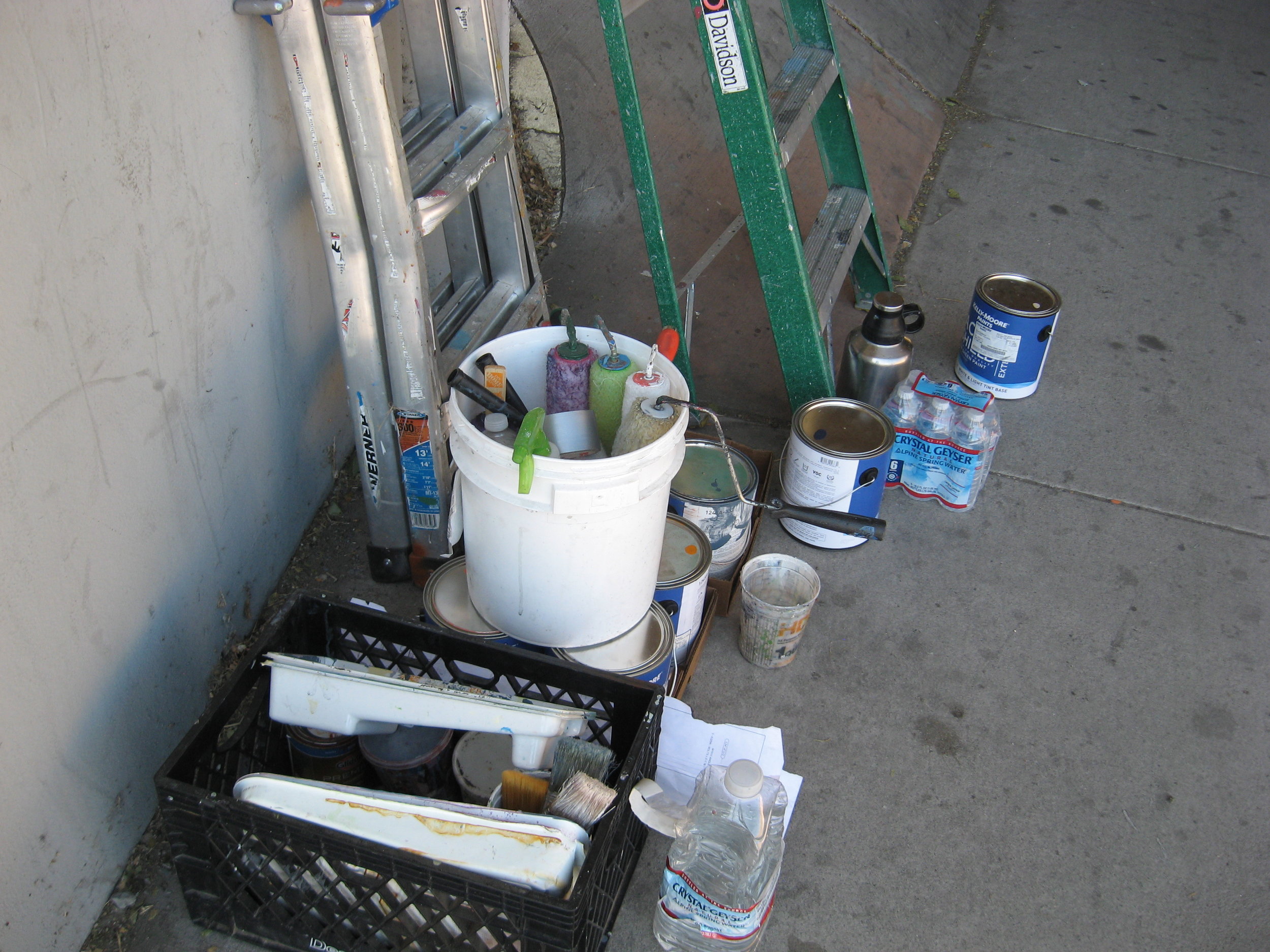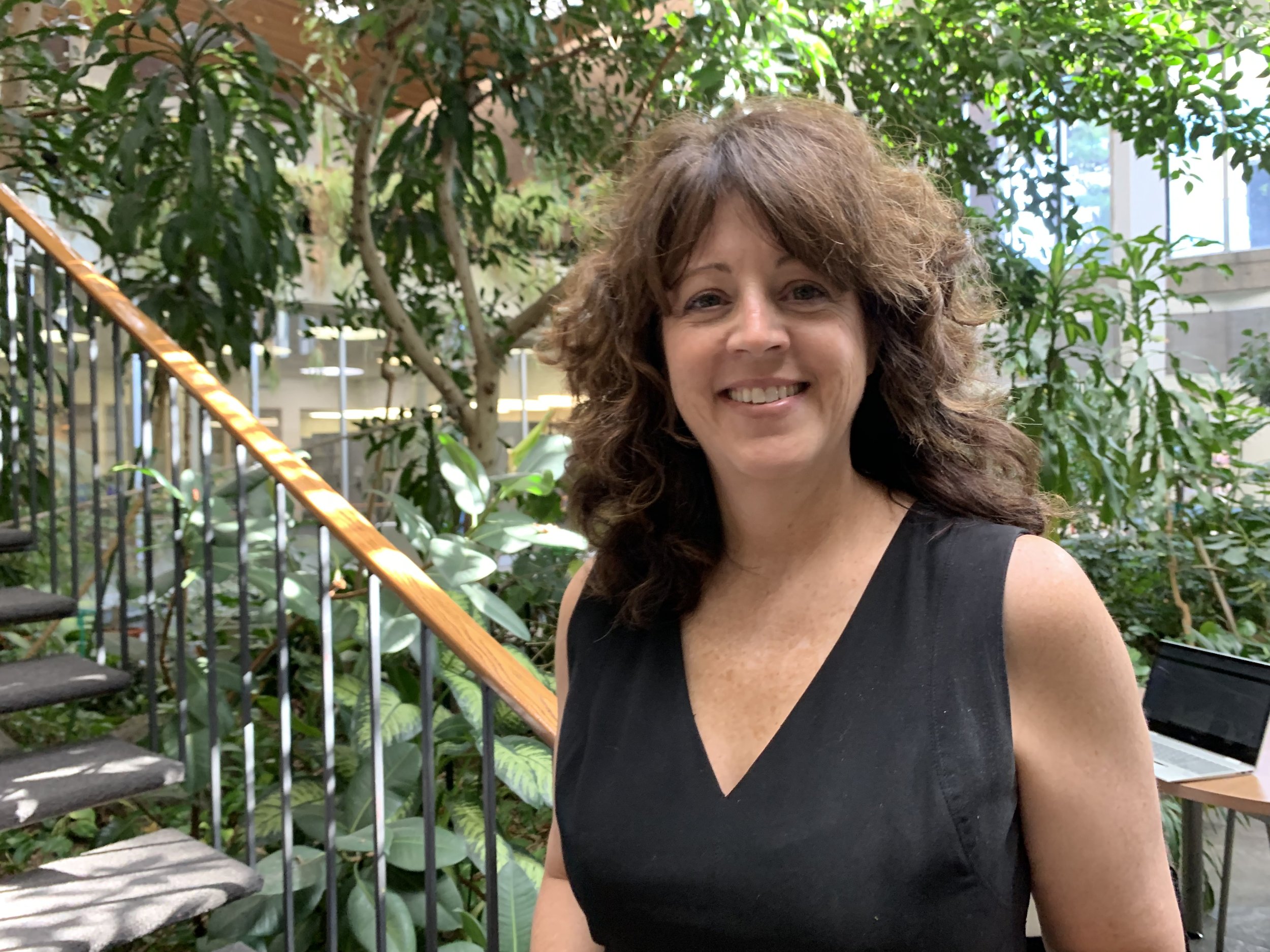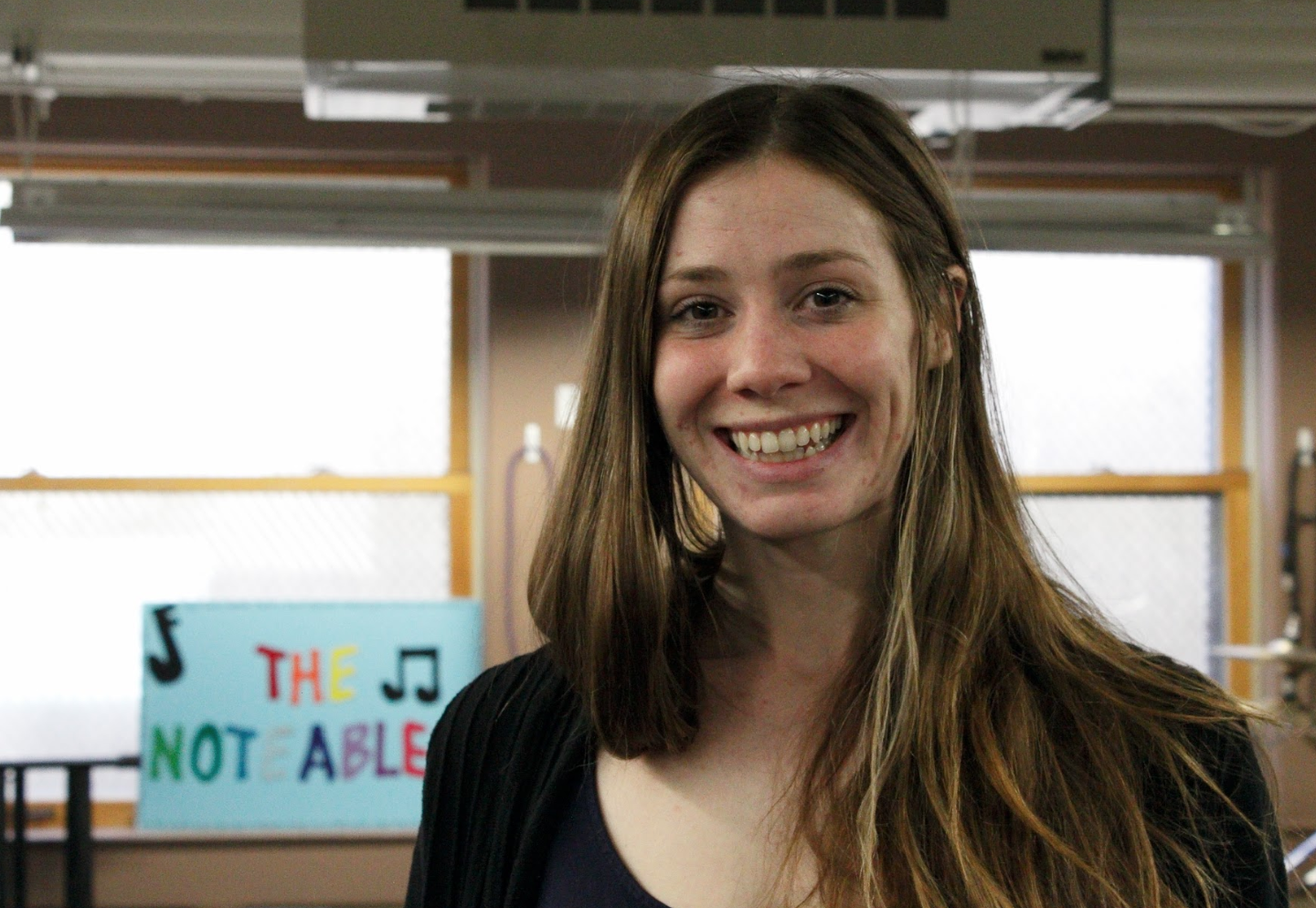Really Listening to Help Those Seeking Help Make Progress
A simple black sign hangs on a white office door, stating: “Meet people where they are.” The message is the personal mantra of Meghan Simons, a substance use disorder counselor at the Life Change Center in Sparks. It’s a message that also embodies the organization’s mission in helping those struggling with substance abuse to take their life back.
People come to LCC, which specializes in opiate use, for a variety of reasons. Some arrive for external reasons, such as encouragement from a family member, friend, or a place of employment; while others come for internal reasons out of their own initiative.
“First and foremost, what we do is set individualized treatment plans [for our clients],” Simons said of her work . “A counselor sits down with the patient and sets a collaborative treatment plan.” This collaborative plan serves to find out what the client’s goals and expectations are going forward, what they want to get out of treatment, and what’s been tried before and didn’t work.
The ultimate goal, Simons explained, is to find a long-term solution for recovery.
A Variety of Strategies including Medication and Harm Reduction
The Life Change Center offers a variety of strategies to aid in recovery, including medication assisted treatment using Methadone, Subutex, and Suboxone.
“Our goal, especially with the medication assisted treatment, is to treat the actual physical symptoms of withdrawal and addiction while we build those relapse prevention and coping skills on a collaborative level with the patients,” Simons said.
A large focus in their treatment strategies is building their client’s internal motivations to stay clean while they begin the recovery process. There can be a misconception in the public, however, behind the role medications like Methadone play in the recovery process.
“We titrate them off [Methadone] safely and when they’re ready,” Simons explained. “After they’ve had the opportunity to build those relapse prevention skills, those coping skills, [they] get treatment for the chronic underlying condition that might be causing them pain.”
The primary goal LCC has for its clients, of course, is abstinence from opioid and other substance use. But The Center is also realistic about the struggle of overcoming addiction.
“We do employ the principles of harm reduction here,” Simons said. “If people are going to engage in risky behavior and if we cannot get them to abstain or they are not ready to abstain, the least we can do is give them the tools to reduce the harm.”
These strategies are in place to ensure clients understand what they’re getting and where they’re getting it from, as well as always keeping Narcan on them.
Lots of help is given once you walk through the doors of this modest building in Sparks at 1755 Sullivan Lane.
Narcan Kits for Free and Showing You Care
The importance of harm reduction strategies and understanding the inherent risk of opiates has played a prominent role in the recent news cycle, as the mixing of opiates and alcohol is what was determined to have killed Los Angeles Angels pitcher Tyler Skaggs in July. Skaggs had been an integral part of the Reno Aces’ 2012 championship team.
The Center says it wants the public to understand not only the dangers of opiate use, but also the role a bystander can play in saving a life. It gives out Narcan kits for free, no questions asked. It’s a measure taken to fight the stigma against substance use.
“I think the most overarching, challenging part of our jobs is combating the stigma associated with drug use, specifically with opioid use and getting people to understand that bystanders can save a life,” Simons said.
Opioids provide a challenge for users that non-users often struggle to understand, because it changes your brain chemistry. Many who have used long-term are no longer using to get high, but use to take the withdrawal away and feel normal.
More people are affected by opioid use than people realize, too. Many don’t realize the role they can play in getting those struggling the help they need.
“I can just about guarantee that anybody reading this knows somebody who is in treatment or somebody who is using and they have no idea,” Simons said. “But you can’t force them to come [to us], the least you can do is encourage them.”
Even if the response is hostile or dismissive, the important thing is that the person struggling with opioid use would know that somebody cares.
Every day is a busy day at work, and crucial to helping someone turn their life around. “You’re going to at least validate them that, ‘Hey, I care about you.’ Because a lot of folks come in here and they feel like nobody gives a damn about them,” Simons said of when she gets new clients.
A Holistic Approach
There is also a holistic approach LCC takes toward caring for their clients, including providing transportation, housing referrals, and even finding childcare.
Simons believes this approach in connecting with patients personally is what makes the organization so effective in its mission. It’s a mission she has a personal stake in, given that she has been in recovery herself for nearly 13 years.
“It’s very gratifying to me to be able to save people from that same struggle I went through, because it’s not just being off the drugs, it’s about recovering your life and who you are without the drugs.”
It all starts, like the sign on the door says, by simply meeting people where they are.




















![“We're losing people every winter,” Wendy Wiglesworth said of Reno’s homeless population and cold months coming soon. “Last year there was not a single day that there was an open bed [in the tent] or at least one to three people on the floor when I …](https://images.squarespace-cdn.com/content/v1/5675d221cbced60a236e28b8/1567824946701-3HBTA7HKG30MLLWYDSQZ/Screen%2BShot%2B2019-03-10%2Bat%2B2.02.09%2BPM.png)




![“Community is only as strong as its weakest link and so I think really just having that compassion and awareness that these are still people. [...] We exist as a community and we are not going to be able to survive as a community if we just keep lea…](https://images.squarespace-cdn.com/content/v1/5675d221cbced60a236e28b8/1567443452225-5QI38SOPCYH0DTBC1T1Y/sign.jpg)












































